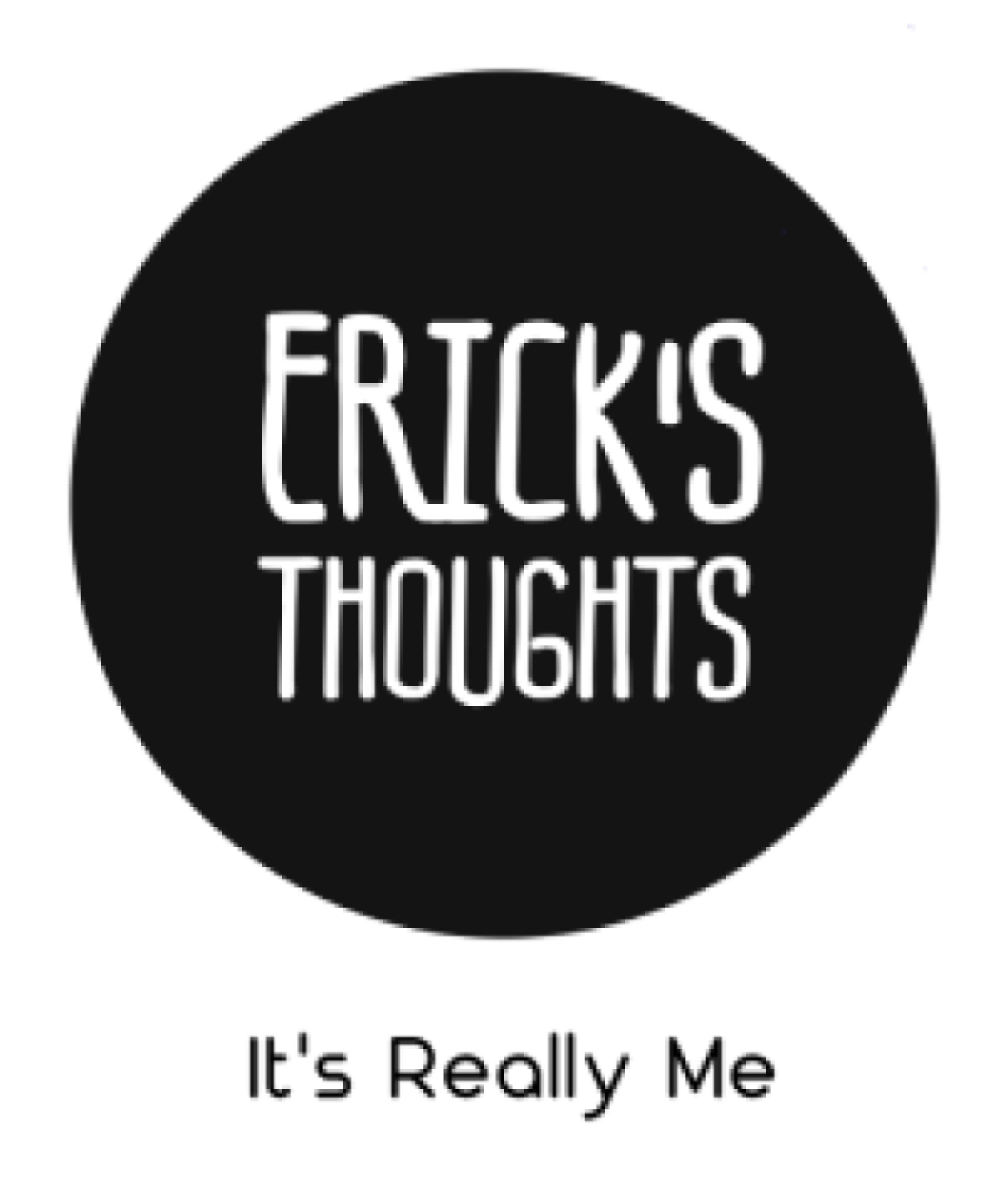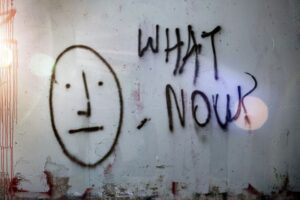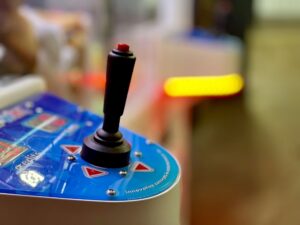In our journey of life, there are times when we slow down or come to a standstill, and it is not so obvious what we should do to keep moving forward to our dream, to our vision. This becomes difficult for a lot of reasons. For one, we may not have crystalized our vision yet in the first place. If you don’t really know where you’re headed, it’s hard to know (or feel like you know) that you are headed the ‘right’ way. I don’t mean to say that life is lived to achieve a specific outcome, but more that the vision is a sort of guiding force that helps us reach a point where we are living in tune with our core Self (who you really are) – to loosely borrow the concept from Jung.
Another reason we may feel uncertain on our path is based on how much our brains rely on cause and effect as a way to explain what happens in life. When measured relative to time, life events always happen in some order, this event came before that event. Sometimes, it’s easy to see how event X caused event Y, but even when we don’t know exactly what caused event Y, our intuition tells us there must be a cause, even if it is unidentified. Why is this important? This leads us to think in a linear, process fashion. Implicitly, we assume that to get from point A, where we are today, to point B, some intermediate / full realization of our vision, there must exist a set of steps to follow. Because if we take those steps in time, and follow the process, we will have arrived at our desired outcome. Trust the process. We have heard this before, and for a lot of simpler things one can trust the process. One can trust because one feels comfortable in the logical chains of cause and effect that connect the present to the future. What happens when these chains disintegrate because we are incapable of visualizing them? It’s hard to ‘trust the process’. What process? What do I do? Is this the right path? Hence the uncertainty.
Well, obviously the right answer is not to do nothing just because we don’t know what it is we should be doing. We have to do something. I don’t know how to phrase this next part other than that I’m suggesting we trust non-logic. We need to trust some version of feeling / intuition, our heart, some voice deep within, the universe, cosmic energy – I don’t know. Non-logic not because it’s absurd, but because we cannot wrap our heads around it, and since it’s possible that’s the only way to get from point A to point B, we should not discount it so quickly. I think this is better illustrated with two examples.
From Man and His Symbols by Carl Jung.
Jung: “…I remember a patient I once had to treat over a period of nine years…From the start I knew what his real trouble was, but I also saw that the least attempt to get close to the truth was met by a violent defensive reaction that threatened a complete rupture between us…Whether I liked it or not, I had to do my best to maintain our relation…which led our discussion away from the root of his neurosis…I often accused myself of leading my patient astray…In the 10th year, however, the patient declared himself to be cured…I was surprised because theoretically his condition was incurable…”
Patient: “…I am now ready to tell you everything about it…In the course of ten years I have learned to trust you; and as my confidence grew, my condition improved…I improved because this slow process restored my belief in myself…Now I am strong enough to discuss the problem that was destroying me…”
Jung: “…He then made a devastatingly frank confession of his problem which showed me the reasons for the peculiar course our treatment had had to follow…He needed the help of another, and the therapeutic task was the slow establishment of confidence, rather than the demonstration of a clinical theory…”
From The Alchemist by Paulo Coelho.
As context for the quotes, the book follows the journey of a Spanish boy as he is first encouraged to pursue what a King (mystic helper character) calls his Personal Legend aka vision. At one point in the story, the boy is in Africa, with no money to get home and no money to continue on the next leg of the journey. At this point, a crystalware merchant offers the boy employment so that he can begin accumulating money to take his next step.
This is sort of the first big delay or roadblock encountered by the boy. For a time, he pivots to life as an employee, and we could say that during this time he is not on his Personal Legend journey. Is that accurate? In working for the crystal merchant, the boy begins initiative after initiative that leads to booming business for the merchant and more than expected money for the boy. The merchant isn’t very enterprising, it was really the work of the boy.
Merchant: “…Business has really improved…I’m doing much better…Why ask for more out of life…”
Boy: “…Because we have to respond to omens…It’s called the principle of favorability, beginner’s luck…Because life wants you to achieve your Personal Legend…”
Then the boy had enough money to move on and reflected on all the events that had happened in the shop over the past year.
Boy: “…It’s almost as if he [the King] had been here and left his mark…And yet, none of these people has ever met the old king…”
I had a weird feeling at those last lines. The text read ‘as if’ the king was there, but it hit me, it’s not as if, the boy is the king. I don’t mean he is actually the king in disguise but that his impact is that of a king, but he doesn’t see that. He thinks he’s just more or less on his mission, not even directly on it anymore really, but when he didn’t feel like he was doing, he was doing the highest service.
What do both examples have in common? When it seemed nothing was happening, actually so much was happening. That hit me like a ton of bricks. This opens up whole new avenues of potential, but it’s so subtle and tricky precisely because it can’t be verbalized, grasped, explained. The point? We don’t always need to know that what we do next is the right thing, we just need to get started or be doing something even when something feels like nothing (i.e. no positive progress), because in the process of nothing, sometimes things we can’t observe are simultaneously overlaying themselves and we end up with a positive boon that (1) we didn’t expect and (2) perhaps would not have believed was possible if we were told it explicitly to begin with. So, maybe we do need to just trust the process. Trust the invisible process.



